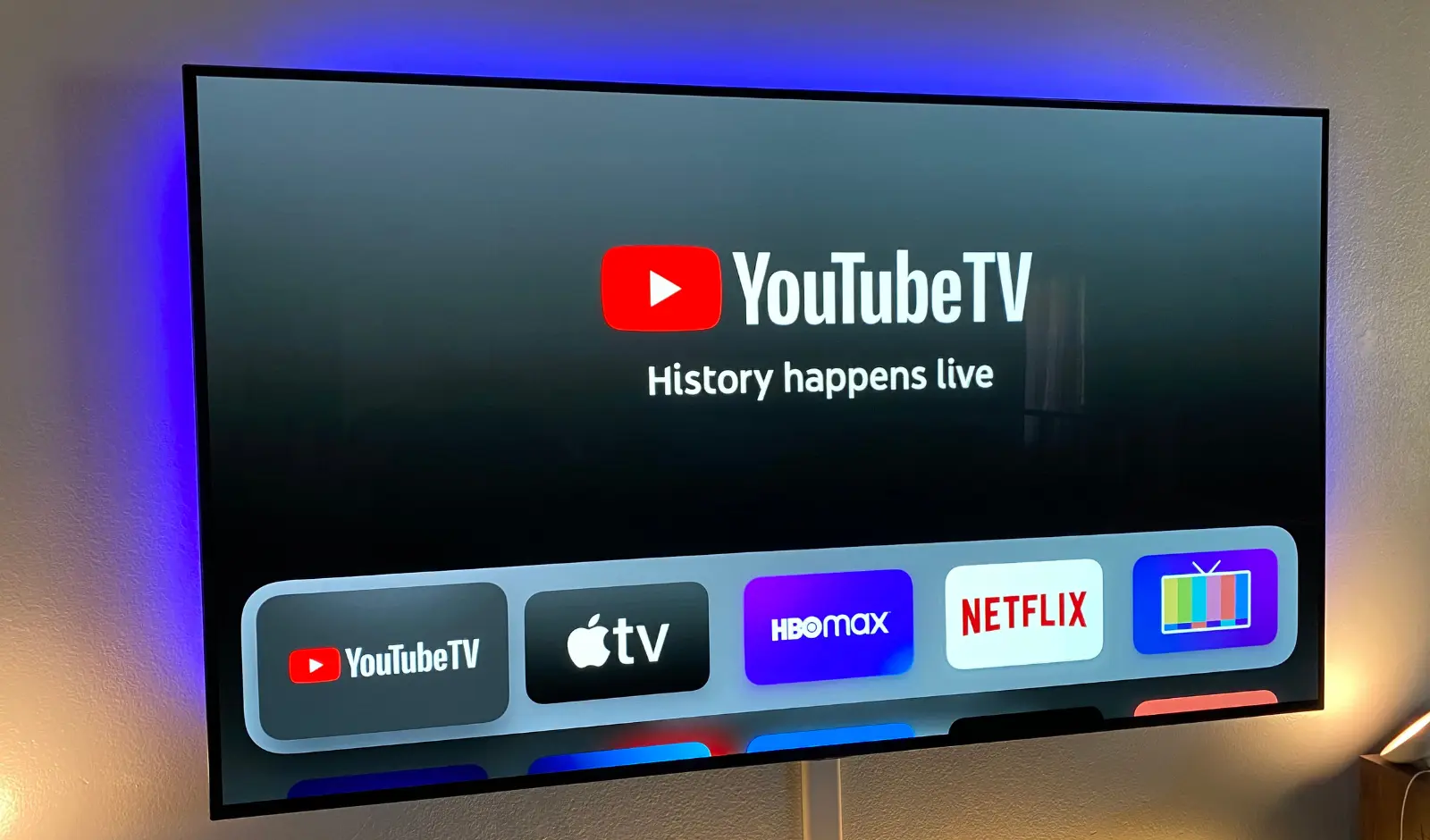A major battle is brewing in the world of streaming.
In one corner, local broadcast stations are demanding streaming services like YouTube TV be reclassified as cable companies by the FCC.
In the other corner, services like YouTube TV, Hulu, FuboTV, and others argue this change would harm their ability to offer affordable alternatives to cable.
If the local station and FCC succeed, this would significantly alter the negotiating landscape and put more money in the pockets of broadcasters.
Now let’s break it down:
Why Broadcasters Want This Change
- More Money: Currently, broadcasters must accept deals negotiated with streamers by their parent companies (e.g., Disney for ABC). Direct negotiation would allow them to charge streaming services more.
- Control: This could lead to more blackouts as local stations could refuse streaming services’ offers during negotiations, similar to what happens with cable companies.
Now the FCC Commissioner Brendan Carr has publicly supported the push by broadcasters.
He states the FCC should, “…be focused on decisions that will make it easier for broadcasters to attract the capital necessary for them to invest, compete, and serve their local communities.”
Streaming Services and Consumer Groups Fight Back
According to a memo sent to Cord Cutters News by the Preserve Viewer Choice Coalition they argue that the FCC has no rights to reclassify streaming as cable TV.
As per these streaming services even FCC Chair Jessica Rosenworcel says that is not possible.
According to them, under the 1984 Cable Act and the 1992 Cable Act, the FCC can not legally turn streaming services like YouTube TV into cable TV companies.
The biggest reason they mentioned is that this will leas to a price hike!
Streaming services argue this change would dramatically increase costs. An analyst estimates a $1.23 regulatory fee per subscriber would amount to $16.4 million annually across live TV streaming services.
So What This Means for Cord Cutters
Unfortunately, consumers are likely the biggest losers if the FCC sides with broadcasters.
- Price Hikes: The battle is ultimately about money, and a change like this means the cost of streaming services will almost certainly increase.
- Potential Blackouts: Get used to more blackouts of your local channels as negotiations get contentious between streamers and newly empowered broadcasters.
On the other hand, the rise of streaming brought choice and affordability to TV viewers.
This decision would stifle the innovation that led to these consumer-friendly alternatives.


If paying extra meant guaranteeing quality local news, maybe… but we all know that money won’t fix bad reporting and sensationalism.
Fair point. Sadly, even the extra money would likely go to bigger salaries for on-air personalities and more scare-tactic promos, not better journalism.
If we don’t support local news in some way, the alternative is worse. We’ll end up with even more nationalized, hyper-partisan coverage and a lack of accountability in our own backyards.
Local stations: less viewers + more regulations = profit?
Local stations want protection from competition, not ‘support’. They chose to rely on outdated models, that’s their problem to fix.
Exactly! They’ve had decades to figure out the internet, but instead, they’re whining to the government. Talk about lazy business practices.
Maybe if they spent less time lobbying the FCC and more time figuring out this whole ‘internet’ thing, they’d be in better shape.
Always the same – big corporations screwing over consumers to squeeze out a few more bucks. Disgusting.
If local stations want to survive, they need to offer something unique and valuable that we can’t get elsewhere. Demanding handouts isn’t a viable strategy.